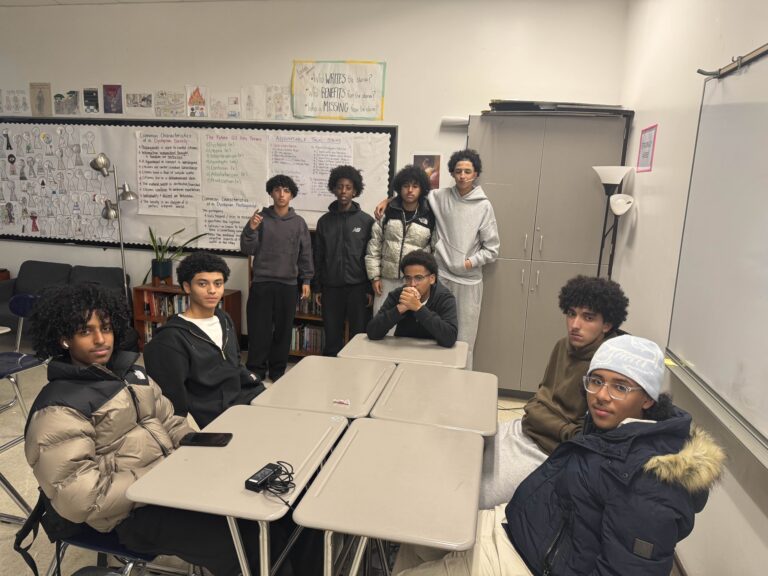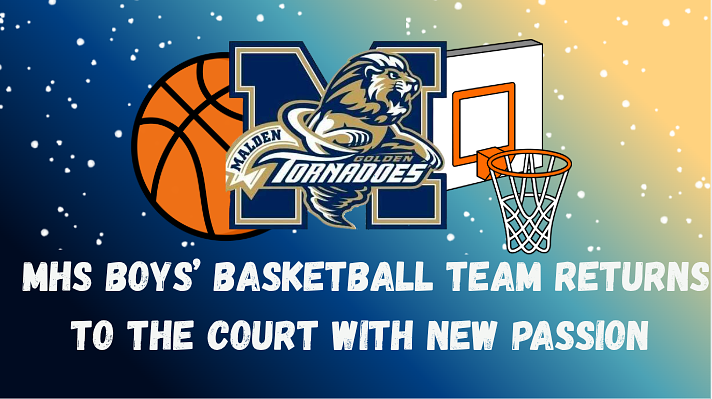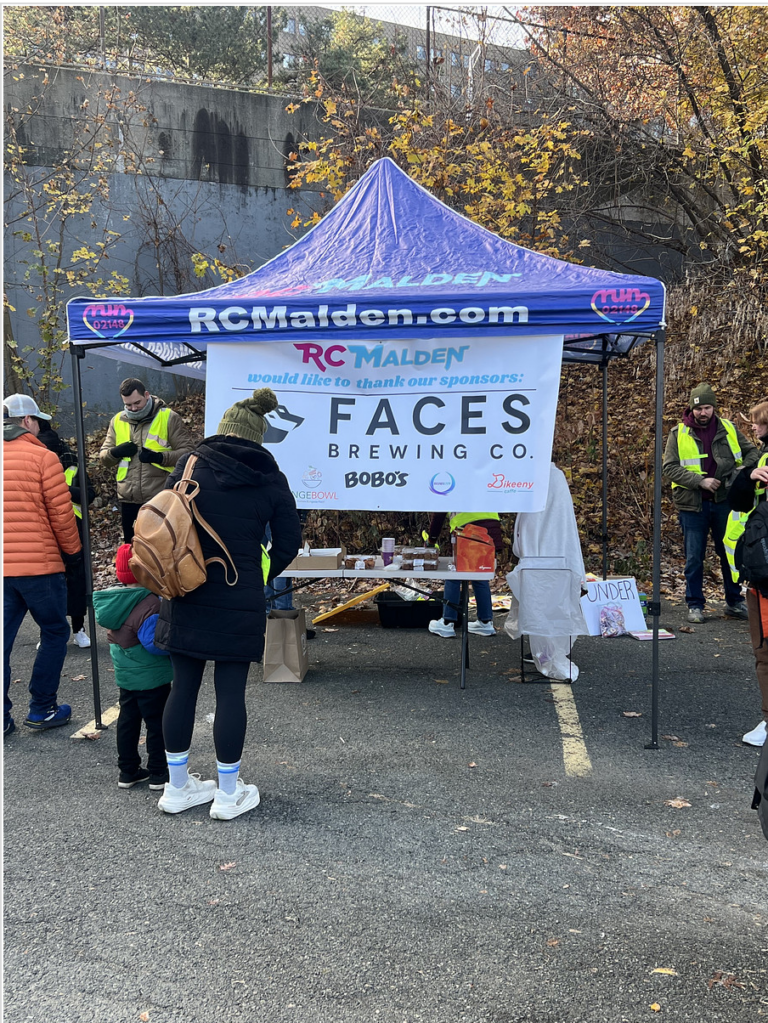
By JAMES MAZARAKIS

It was a hot July 20, 2012: a Friday. I was tuned into 101.7 FM, listening to the Cure’s “Let’s Go to Bed” – WFNX’s last-ever musical broadcast. After nearly 30 years, the alternative Boston-based radio station was bought out. It turned into static at exactly seven o’ clock PM, and then it was over. For Boston, an entire genre of music turned off its lights.

This was a big deal for me, because I have always thought, possibly correctly, that my music taste is almost taboo for my age group. Contrary to many of my friends, I cannot distinguish between most pop songs. Whenever I meet someone else who likes “my music,” I get far too excited. And whenever I hopped into my mom’s yellow punchbuggy, you would never hear Katy Perry or Eminem; you would hear the bass of a Red Hot Chili Peppers song or the White Stripes blasting “real” jams. I had come to accept that it was the norm for me and not the rest, and I was cool with it.
When I hear people talk about how the new, commercialized 101.7 is their new favorite station, it stings like hearing the name of your ex. And since the possibility of friends “stumbling” on my music was gone, it hurt even more. But that was the past. It is almost 2014 now, and while car rides are still far less exciting, I still have confidence in my home genre – and perhaps next year, it will no longer be as lonely, for the better or for the worse.
Ironically, alternative music, as a collective style, is somehow starting to climb into the mainstream. It is hard to tell whether this is because more bands are climbing from indie to fame in the age of technology, the popular alternative bands are starting to become more like pop, or if alt/indie rock is being noticed to the point of which it is influencing popular culture. I hope for the latter, fear the second, and ponder the former, but ultimately, it is not my place to say. What I do know is this: for we indie-rock, grunge kids, this will either be the greatest decade for music or the worst ever.

First off, we need to define a few words. A prerequisite for alternative music is not to avoid the radio – nor take it over – but to originate from outside the genre. The reason for this confusion is that “alternative” as a genre means something other than what it refers to; when it should mean simply “not pop,” it is actually an evolved compilation derived from 80’s new wave, grunge, and more. Indie rock, meanwhile, is not quite a genre but a status – the group records with an independent, non-corporatized industry. Because of its flexible meaning, alt rock is a very diverse, but also very selective, genre — some songs sound sort of like pop, others like country, or even hip-hop or metal. It’s hard to believe while listening to AWOLNATION’s “Sail,” where Aaron Bruno is perpetually screaming over trance-inducing electronics, and Of Monster and Men’s “King and Lionheart,” a delicate, country-influenced and emotional serenade, that they are in the same genre. What binds the alt rock genre together is almost inexplicable. There’s an unorthodox sense of freedom tangled in alternative music that separates it from the mainstream. For me, alternative music is defined by this freedom.
I am excited to see what happens to alternative music, but I am also concerned. While I would love to hear my friends sing along to Chvrches or Portugal. The Man (my own favorite band), I fear the consequences of popularity. After all, part of the appeal of this type of music is that it is not controlled by these very industries. Ideally, I want to see people supporting independent labels and have the fat cats in the music industry to keep their hands off. But this is America, so that will not be happening any time soon.

The other issue is more personal. Many people hold this type of music close to their heart in part from its low status in the industry, and for this reason, it is not widely shared. Several people, including myself, see it as “their” music, defining, celebrating, and eulogizing who they are – which happens in all genres, of course, but since only a handful of others are aware of the music itself, it gives us audible space to be ourselves, alone, without having to change for other people. Ironically, this is a recurring theme in many alt rock songs – as Imagine Dragons says in their song “It’s Time” (which I consider to be their classic), “I’m never changing who I am.”
That’s why I am attracted to alt/indie rock. You change who you are when you accept pop music. This is not to say you absolutely cannot appreciate any pop song, of course, but as a genre, it teaches you to act in ways that others may want you to act. It teaches you that believing in equality or standing up for a belief can only be done by the brave when we should be learning how we can do it ourselves. It teaches you the worst of America’s prejudices. Come on, the number one song of the summer taught us that refusing sex is a “blurred line.” Even if you claim not to accept it, hearing it will affect every decision you make.
Alt/indie rock teaches you nothing of the sort. Instead, it teaches you about yourself. When you look inside, the only voice you will find is your own. Because it is the people who speak for themselves, not for their superiors, that are, as the band Grouplove puts it, “just like you.”
For quality alternative rock listening, catch RadioBDC, a streaming radio station with many of WFNX’s best DJ’s. Otherwise, listen to our “Introduction to Alt Rock” playlist on Soundcloud, which features Lorde, Portugal. The Man, and Chvrches.




